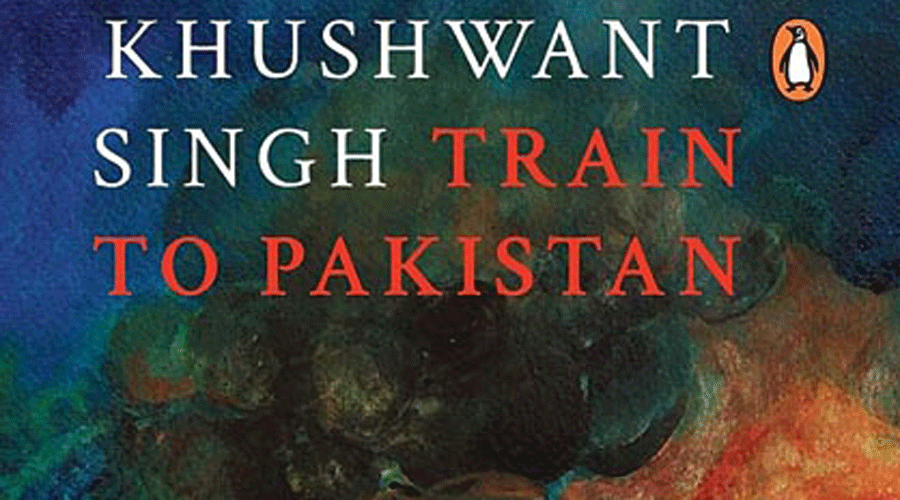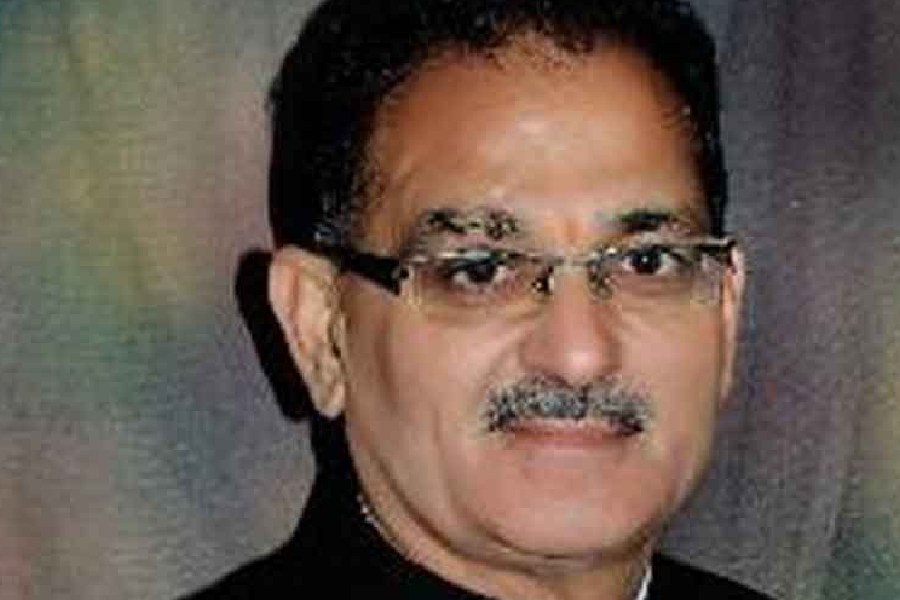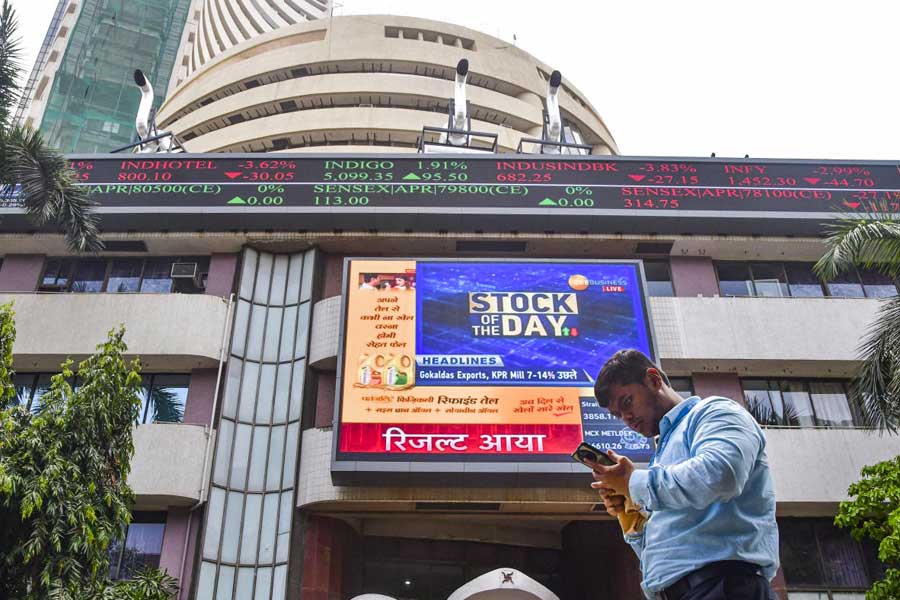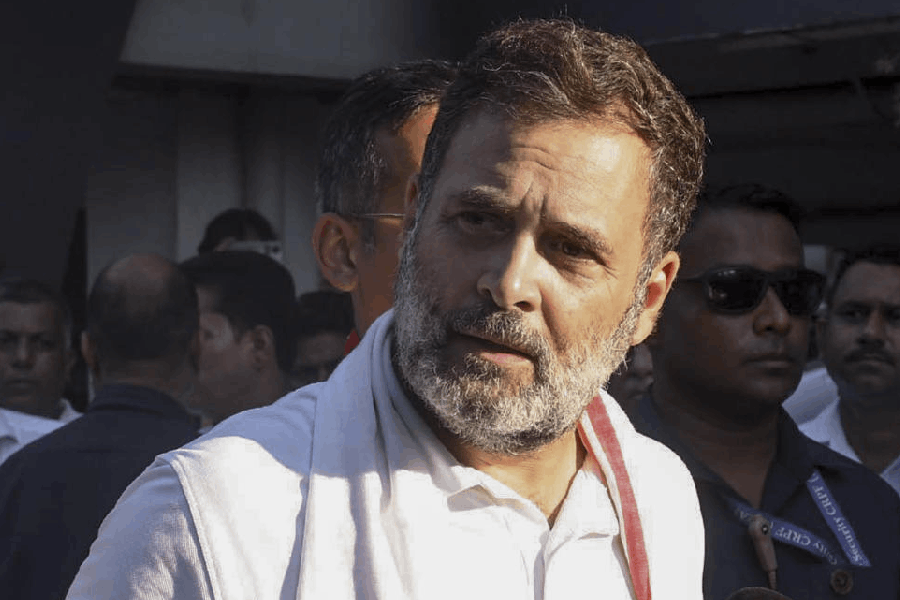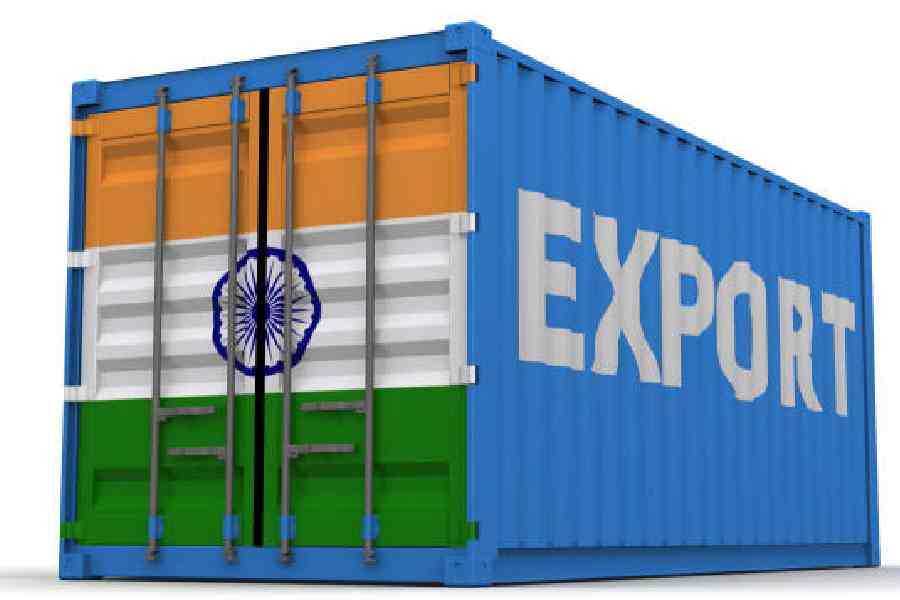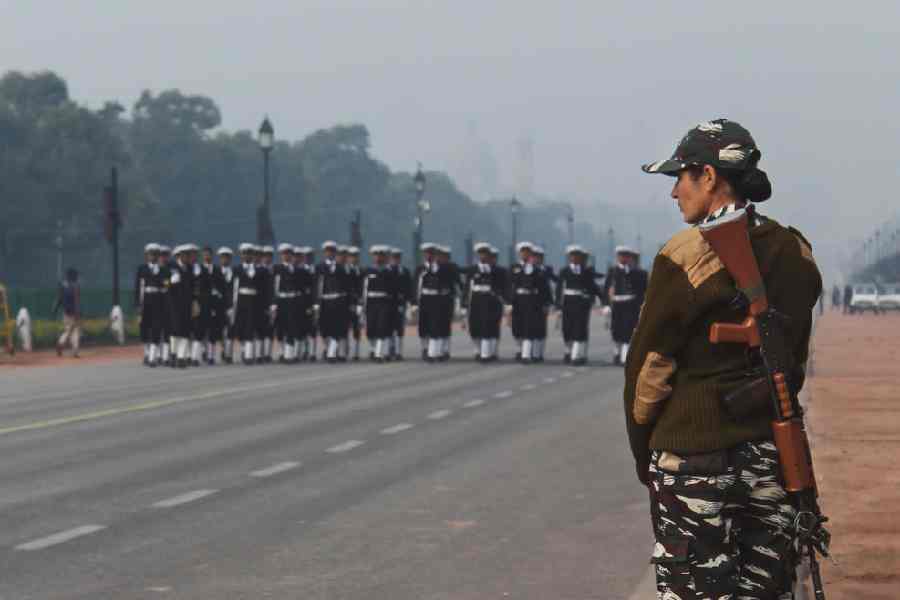1 Train To Pakistan by Khushwant Singh
Khushwant Singh’s Train To Pakistan tells the story of Mano Majro, a fictional and small village that is caught between the newly-etched border separating India and Pakistan during the days of the Partition in 1947. This historical fiction novel told by Singh is inspired by and based on cold and hard facts as it traces how a peaceful village is gripped by the evil of communal tension, class conflict, violence, chaos and disaster as it panned out during that time. Yet, through brotherhood, empathy, kindness, and solidarity shown by the protagonists Juggut and Iqbal, the book takes on the enormous task to throw light on the values of sincerity, compassion, and equality that transcends everything political, religious and dogmatic.
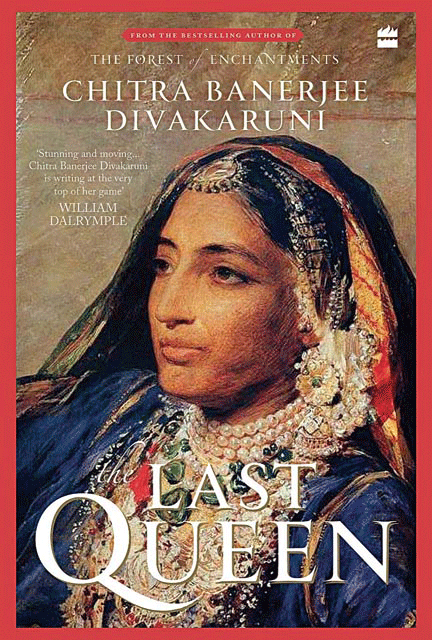
The Telegraph
2 The Last Queen by Chitra Banerjee Divakaruni
Packed with all the intensity of The Palace of Illusions and all the poetry of The Forest of Enchantments, The Last Queen by Chitra Banerjee Divakaruni highlights a lesser-known state figure of the Sikh Empire, the enigmatic Jindan Kaur. Her reign is famous, for, despite the oppressive difficulties of being a female regent at the time, she rallied public support and inspired her people to keep the British at bay and out of Punjab. An inspiring tale that finds a part in the long effort against British rule, Queen Jindan Kaur, who was called the “Messalina of Punjab” by the British, is a name worth remembering amongst the fighters who fought for the freedom we enjoy today.
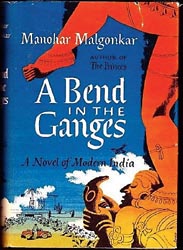
The Telegraph
3 A Bend In The Ganges by Manohar Malgonkar
Titled after a quote from the Ramayana which says, “At a bend in the Ganges, they paused to take a look at the land they were leaving,” Manohar Malgonkar’s novel is one of the finest examples of Partition literature available. The fictional novel charts the course of the freedom movement in India, starting from the civil disobedience movement and goes on to include the events of the Swadeshi movement, Rangoon, the Bombay dock explosion, the outbreak of the Second World War, and finally the partition of Punjab. The novel follows Gian Talwar, Debi Dayal, and Shafi Usman as they each embody different ideologies, ranging from ahimsa to secularism in what is a history course on what makes India, India.
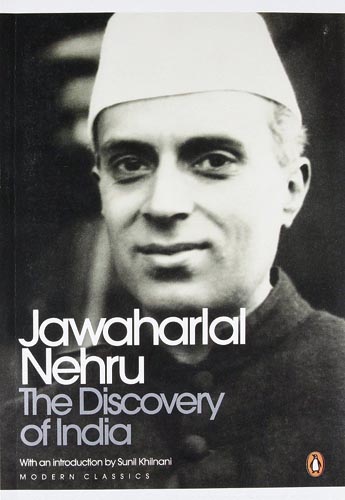
The Telegraph
4 The Discovery of India by Jawaharlal Nehru
The history of India from the man himself, Jawaharlal Nehru’s The Discovery of India was written when he was imprisoned at Ahmednagar Fort for his involvement in the Quit India Movement. Written over the steady span of five months, his documentation of India’s past, its culture, its heritage, and its people is lucid and moving. Nehru starts from the very beginning with the Vedas and the Arthashastra and slowly moves into the complexities of British colonial rule, while also giving personal insights about the greats that stood beside him, like Mahatma Gandhi. His words infused with the spirit of intense nationalism bring India alive and celebrate it like nothing else.
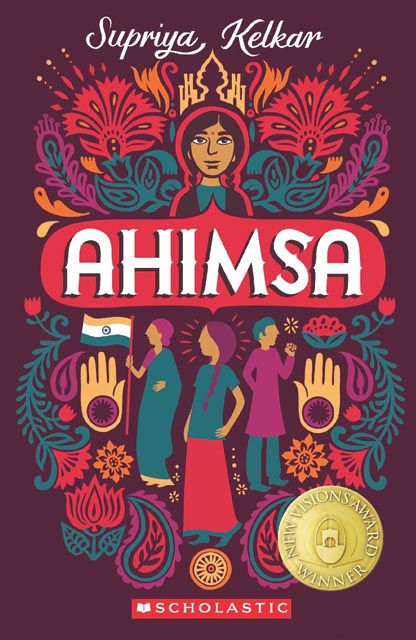
The Telegraph
5 Ahimsa by Supriya Kelkar
A work of fiction infused with facts, Ahimsa by Supriya Kelkar is inspired by the life of her great grandmother who worked with Gandhi during the freedom struggle. An intensely thought-provoking book that forces introspection where introspection is due, it follows the life of Anjali, a 10-year-old girl whose mother has joined the freedom movement to fight against, not just the British, but also the ghastly social evils of untouchability and casteism that was rampant around that time. Through the eyes of Anjali, the author reveals to us the good, the bad, and the ugly side of a society moved by inherent biases, inequality, and rampant hate. A novel that throws much into perspective, it makes for a compelling read today.
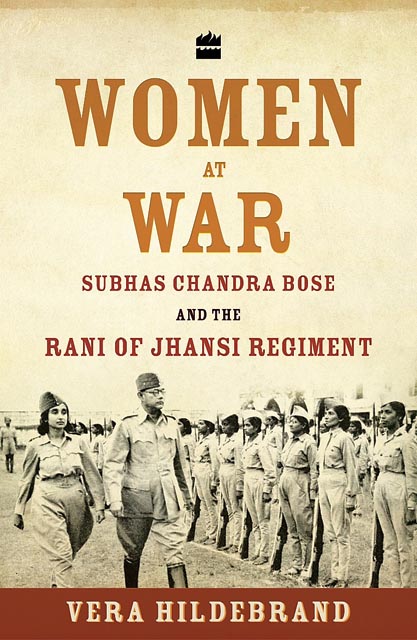
The Telegraph
6 Women at War: Subhas Chandra Bose and the Rani of Jhansi Regiment by Vera Hildebrand
The book chronicles what was arguably the first female infantry fighting unit in military history, who called themselves the Rani of Jhansi Regiment. Spearheaded and ideated by Subhas Chandra Bose in 1943 during his time in Singapore, the vision of the Regiment was simple: to free their home country from the evil grip of British colonialism and to attain for all, Independence. The recruits were primarily from Singapore, Malaya and Burma, they came from Indian families, and were deployed by Bose to fight for liberation. Now, much of their story has been lost, but historian Vera Hildebrand has painstakingly pieced together their history by speaking with several remaining Rani’s and their descendants to keep them alive in print and in spirit.
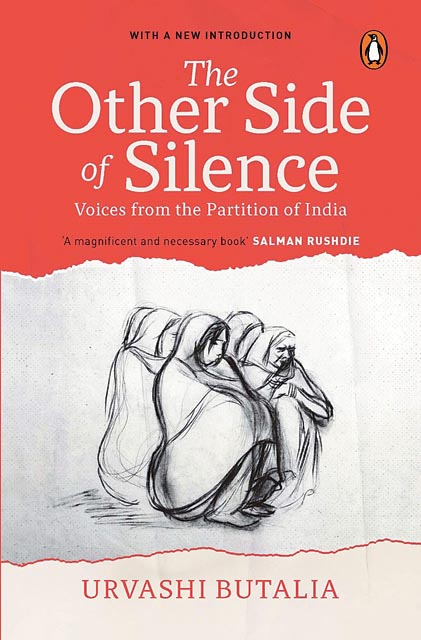
The Telegraph
7 The Other Side of Silence by Urvashi Butalia
Regarded to be one of the first major works to elucidate on the horrors of the 1947 Partition, author Urvashi Butalia provides a modern take on the harrowing events that transpired in post-Independent India and tells those stories that have been long buried under the rubble of destruction. She discusses the socio-economic, political and regional impact that the Partition had both during that time, as well as in present-day India. She highlights the people that were affected, especially those of the marginalised community, their thoughts and grievances, and what the Partition came to mean to these families that were left unheard and ignored in the grander scheme of things.
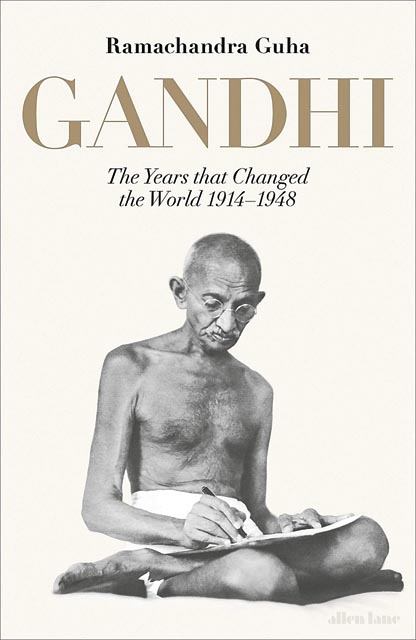
The Telegraph
8 Gandhi: The Years That Changed the World by Ramachandra Guha
Ramachandra Guha’s extremely famous biography on Mahatma Gandhi chronicles the years from 1914 to 1948, shedding light on everything quintessentially “Gandhi”. The historian tells the story of Gandhi’s life, both how we know it as well as the things we don’t. Chapter upon chapter, he narrates the events that made Gandhi the man that he would eventually become, starting from the famous incident on a train in South Africa to his assassination in 1948. He narrates not only his life, but also his words, his thoughts, his passions, his dreams, and his work for India, and how Gandhi became the magnanimous figure, the champion of the oppressed, and the flagbearer for peace that he is regarded to be today.
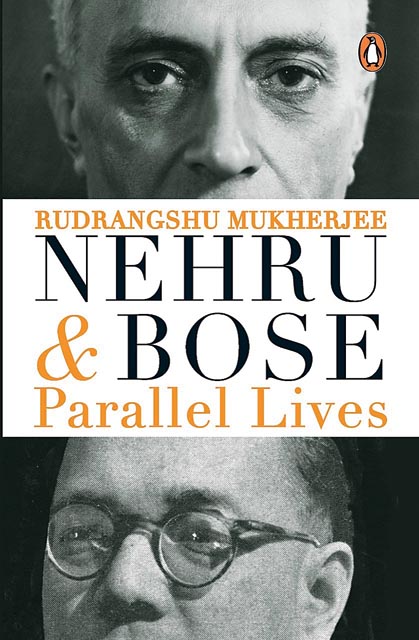
The Telegraph
9 Nehru and Bose: Parallel Lives by Rudrangshu Mukherjee
The infamous and strained equation between Jawaharlal Nehru and Subhas Chandra Bose is not unknown to many, and author Rudrangshu Mukherjee has provided a comprehensive insight into whether things really went so wrong between the two powerful leaders or whether this is merely an exaggeration. In a book that both explains, breaks, and provides answers to many rumours that are adrift about the two, he charts the graph of their friendship, the similarities and differences in their ideologies during the Independence movement, the role of Mahatma Gandhi in the possible rift, and establishes beyond a doubt that things might not really have been how they seem today.
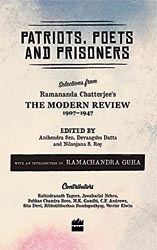
The Telegraph
10 Patriots, Poets, and Prisoners by Nilanjana Roy, Anikendra Sen and Devangshu Datta
Get an insight into the political and socio-economic ideas of the time with Patriots, Poets, and Prisoners, an anthology that features articles from The Modern Review, a publication founded by Ramananda Chatterjee in 1907 during the freedom movement. It featured many an article by Mahatma Gandhi, Subhas Chandra Bose, Jawaharlal Nehru, and Rabindranath Tagore, amongst other prominent names. The writers heavily debated and discussed many developing ideas on freedom, the future of India, the caste system, equality, and gender justice. At a time when the press was heavily censored, the articles in the publication were liberating and thought-provoking, inspiring new ideas and ideals in the public.

